Donors across the region are helping to create pathways to success for more talented young people by opening scholarship funds at The Community Foundation. A scholarship fund is an opportunity to support local youth to further their education in nearly every area of study and at any level of education, from preschool to postgraduate work. Learn about some of our existing scholarship funds, funded by generous donors who believe in the value of education, and find out if this is the right approach for you.
Spivack Scholarship Fund
Each year, donor Jack Spivack, a long-time DC area resident, makes it possible for area students to achieve their academic dreams and career aspirations. Recognizing the higher education affordability challenge many DC area students face, Mr. Spivack partnered with The Community Foundation to provide assistance. Through his generosity and partnership with The Community Foundation, Mr. Spivack has a built a powerful legacy that will provide perpetual awards to graduating high school seniors interested in continuing their education. Now in its fourth year, The Spivack Scholarship Fund has awarded a total of 53 scholarships of $1,000 each to every District of Columbia Public High School (DCPS) valedictorian attending a post-secondary institution. The 2017 Spivack Scholars represent some of the District’s brightest students. These 15 young women and men will attend colleges and universities across the country and embark on studies and later careers in areas as diverse as psychology, political science education, and engineering. Read more
The Bernie Scholarship Awards Program
When Bernie Tetreault retired after 24 years of service as Executive Director of the Housing Opportunities Commission (HOC), he and some of his friends wanted to come up with a special way to celebrate and continue to give back to the community that he had served for so long. In 1995, they established the Bernie Education Fund, precursor to The Bernie Scholarship Awards Program, which is now a component fund of the Community Foundation for Montgomery County. Scholarships are given to high school students as they head toward college and to adults as they pursue career training and education to prepare for employment or better employment. All are low-income residents of subsidized rental housing in Montgomery County, MD. The program continues to grow and has provided 461 scholarships with $536,200, as of May 2017, to help 406 low-income scholars pursue their higher education goals. Read more
LEARN Scholarship
The Landover Educational Athletic Recreational Nonprofit (LEARN) was established in 1996 to support education programs for Prince George's County youth residing in the vicinity of FedEx Field stadium. Since its inception, the LEARN Foundation has awarded close to $1 million in scholarships and grants to Prince George’s County students and community organizations. Embedded in the foundation’s mission is the belief that the future is now, and that through partnerships and collaboration young people residing in the targeted areas can benefit through post-secondary education opportunities. In 2002, the LEARN Foundation became a component fund of the Greater Washington Community Foundation. Since that time, hundreds of students have benefited from scholarship awards toward college and other career preparation opportunities.
Footprints Scholarship Fund
After losing her mother to cancer and later her father to a heart attack, Renee Morgan of Hyattsville, MD faced staggering challenges. During this time, Renée was fortunate to receive overwhelming support from her family, friends and the community to maintain high academic achievement throughout high school and beyond. Later in life, aware that higher education is increasingly difficult for families to afford, Renee wanted to help youth who have endured similar challenges. In 2011, she connected with The Community Foundation in Prince George’s County to create the Footprints Scholarship Fund which supports access to post-secondary education for students who have lost a biological parent. Renee, along with close friends Omar Boulware, Courtney DeRamus, and a following of corporate givers, has raised more than $100,000 through the Footprints Scholarship Fund. In 2015, the fund awarded a total of $40,000 to support three young women to attend the college of their dreams. Learn more
Starting a scholarship fund at the Greater Washington Community Foundation is easy and rewarding and the best part, is that students, their families and communities will benefit from your generosity for years to come. For more information about creating a scholarship fund at The Community Foundation, please contact us at 202-955-5890 or [email protected].

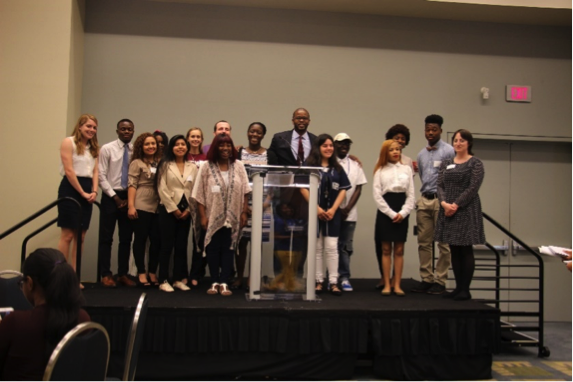

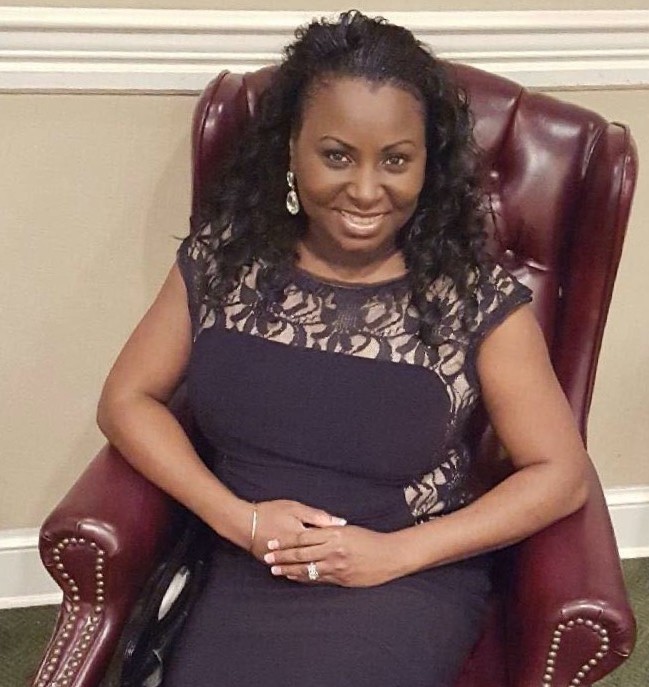
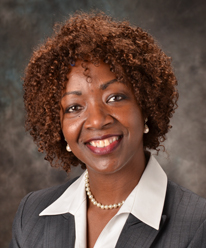


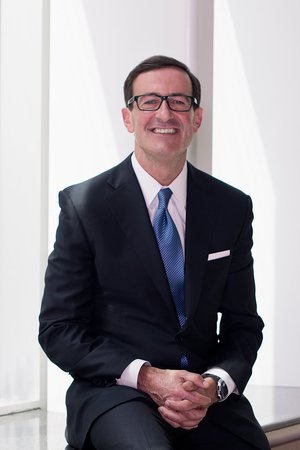

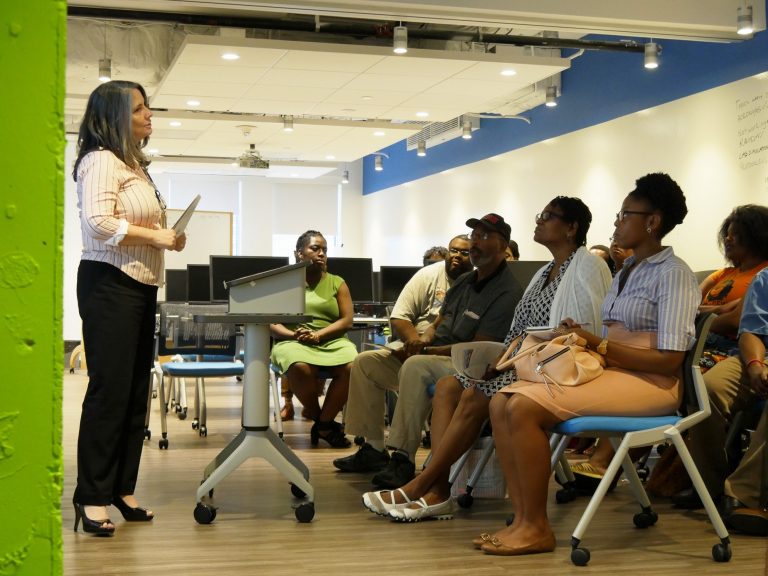
![Nicky+Goren_credit+Lisa+Helfert[1].jpg](https://images.squarespace-cdn.com/content/v1/58f791ec37c58188d411874a/1522848227229-DEDSCE0FKGH75WC8U6SW/Nicky%2BGoren_credit%2BLisa%2BHelfert%5B1%5D.jpg)
![2317+-+Bruce+McNamer+-+Sitting[2].jpg](https://images.squarespace-cdn.com/content/v1/58f791ec37c58188d411874a/1522848380041-GLNV5WEAGMP7YPJZDXRR/2317%2B-%2BBruce%2BMcNamer%2B-%2BSitting%5B2%5D.jpg)




